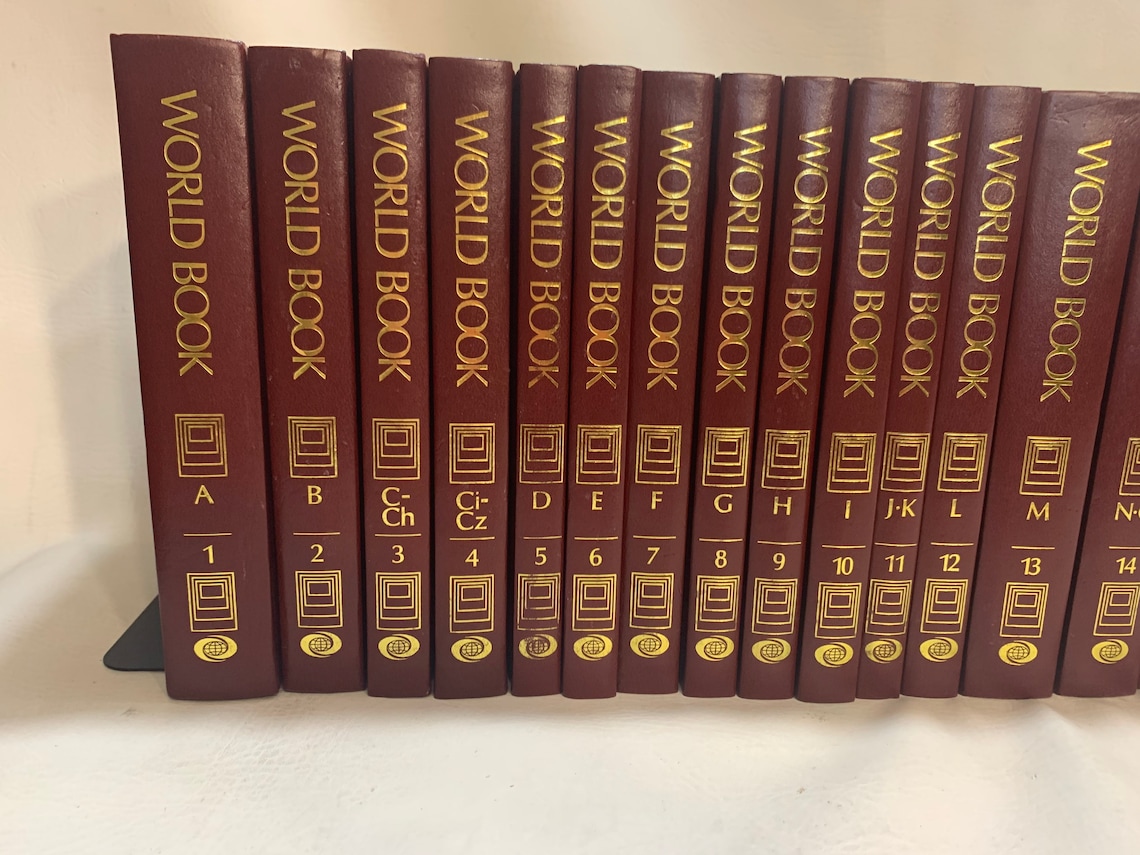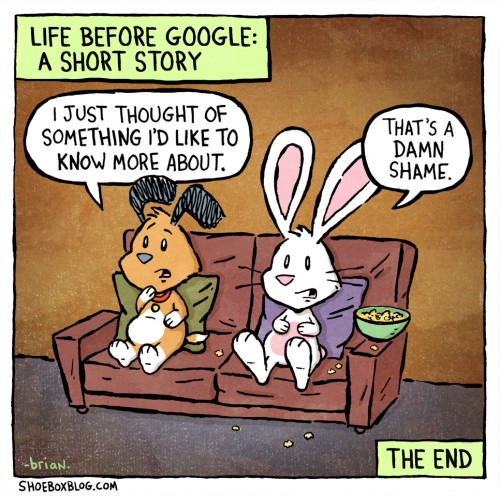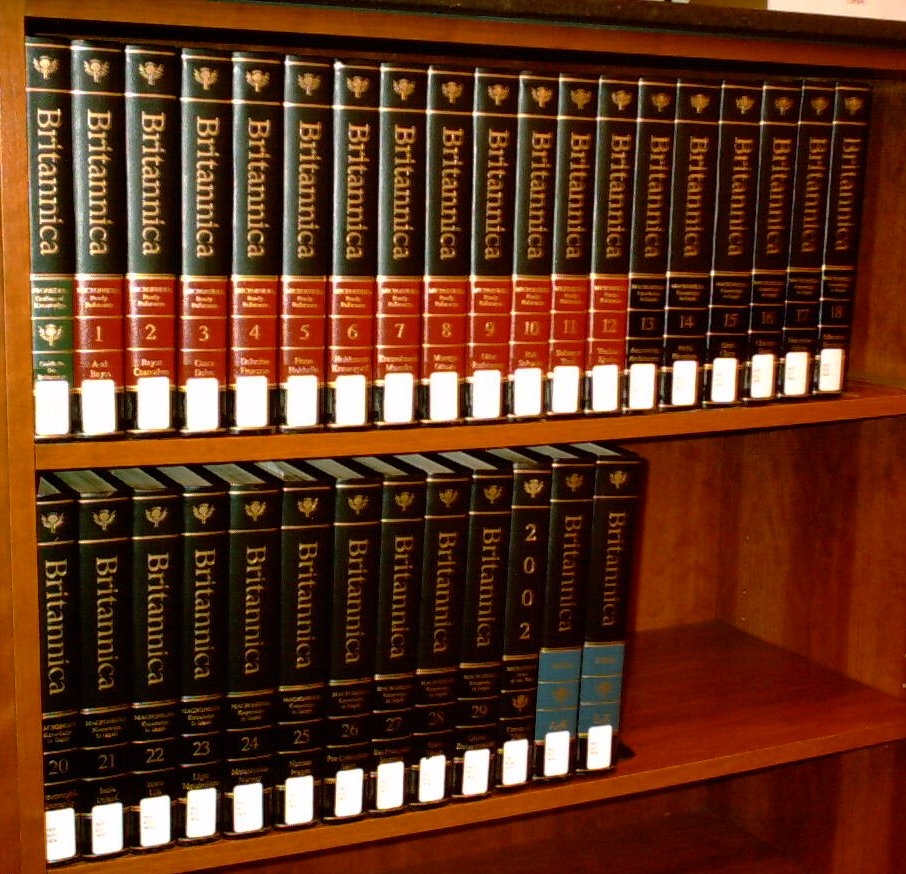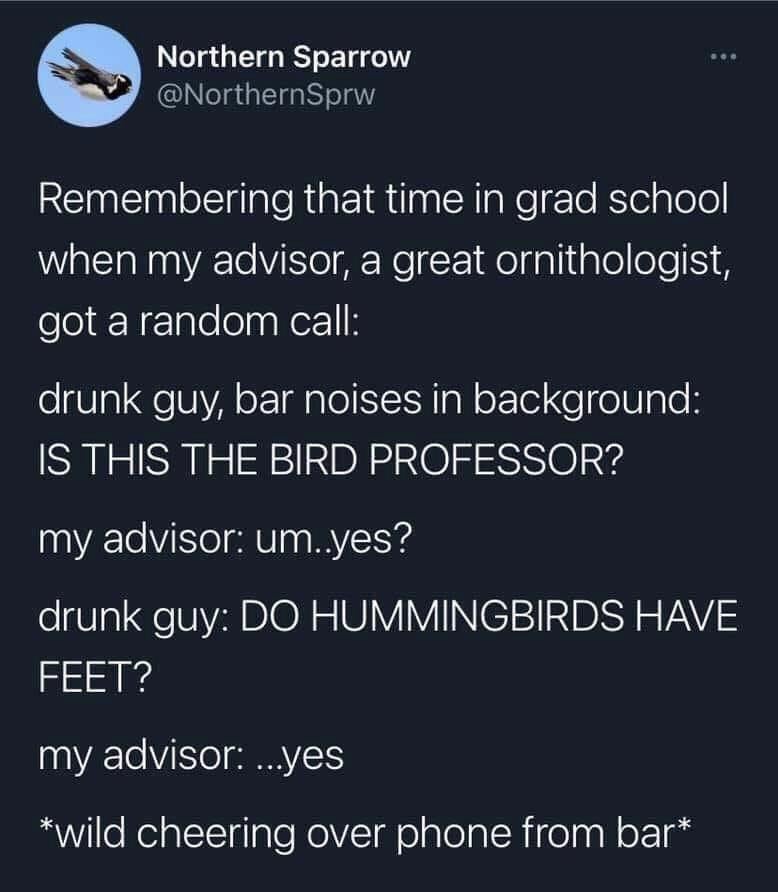One word: Encarta.
Ask Lemmy
A Fediverse community for open-ended, thought provoking questions
Rules: (interactive)
1) Be nice and; have fun
Doxxing, trolling, sealioning, racism, and toxicity are not welcomed in AskLemmy. Remember what your mother said: if you can't say something nice, don't say anything at all. In addition, the site-wide Lemmy.world terms of service also apply here. Please familiarize yourself with them
2) All posts must end with a '?'
This is sort of like Jeopardy. Please phrase all post titles in the form of a proper question ending with ?
3) No spam
Please do not flood the community with nonsense. Actual suspected spammers will be banned on site. No astroturfing.
4) NSFW is okay, within reason
Just remember to tag posts with either a content warning or a [NSFW] tag. Overtly sexual posts are not allowed, please direct them to either !asklemmyafterdark@lemmy.world or !asklemmynsfw@lemmynsfw.com.
NSFW comments should be restricted to posts tagged [NSFW].
5) This is not a support community.
It is not a place for 'how do I?', type questions.
If you have any questions regarding the site itself or would like to report a community, please direct them to Lemmy.world Support or email info@lemmy.world. For other questions check our partnered communities list, or use the search function.
6) No US Politics.
Please don't post about current US Politics. If you need to do this, try !politicaldiscussion@lemmy.world or !askusa@discuss.online
Reminder: The terms of service apply here too.
Partnered Communities:
Logo design credit goes to: tubbadu
This.
"Don't just copy and paste from Encarta" was commonly recited by my teachers when I was younger
I'm a little bit younger than you, so for me, it was used Wikipedia as a starting source, but do not reference it. Find your own information. We just used Wikipedia to familiarize ourselves with a topic and the terms that we would then have to actually look up and source other sites.
Encyclopædia Britannica also used to have a version released on DVD.
I remember when this came out, blew my mind. 1 cd vs a couple hundred kg worth of huge analogue encyclopaedia books.

Edit: Apparently you can still order an updated print edition of the World Book Encyclopedia for the low price of $1,259.00.
This refers to Google instead of Wikipedia, but I think this cartoon still applies. 🤣

This sums it up. That cool song you would like to know the name or artist? Bad luck if it wasn't popular. Where does x idiom come from? Wait until you're at home/the library.
You would have many of these unresolved questions for years, until some solved itself fortuitously.
Arguments at the dinner table were solved by an exasperated FINE, I'll get up and get the encyclopedia just to prove you wrong
Also, we had Encarta. It wasn't online, but on a CD-ROM so you could view it digitally compared to the dozens of hefty books
We had this thing called a library. With books.
Everybody's like "Encarta" but before CD-ROMs etc, we had massive ass sets of encyclopedias. You'd actually have an encyclopedia subscription so they could send you errata for stuff that changed over time. Sort of like paper DLC for reality.
It sucked.
But pre-Internet it was fun to sit around and flip through the encyclopedias/dictionaries and read stuff. If you were lucky you'd find something sex-related.
This unlocked a childhood memory! I forgot that my parents once randomly let door to door salemen in to sell us this crazy large set of books. I think my parents were desperate because I was awful at school and somehow thought someone who didn't try would now do so because I have all the information I needed... I feel bad, but I never used them once, a giant waste of money.

This, but since these were expensive, lots of people bought cheaper, off-brand ones book-by-book at grocery stores over a period of 30+ weeks. We had a set growing up that my mother would pick up at whatever store we were going to, IDK, I was little.

You parents would just tell you something and you assumed it was true until you learned years later they where just winging it with bullshit.
You could argue about who was right about some obscure fact all night long, or come up with your own creative theories.
Nowadays, in less than a minute, someone will look it up, killing the conversation.
I had a friend who would just make shit up to try to win arguments.
Hi, it's me, your friend.
Now you're just making shit up.
You say that like it's a bad thing but I LOVE to kill conversations with citations. "Here's an article from the 90s where Trump talks up Epstein. Sounds like they were buds after all!"
Before that, you had to get your Encyclopedia on a CD. Encarta '98 was the shit. Some of the articles had pictures and even video clips! At 320x240 resolution and 15 FPS, but my laptop was playing real video, like a TV! It was mind-blowing shit. I watched the video clip of a earthquake in Kobe, Japan over and over again. If I remember correctly, there was actually a second video of people white-water rafting. Two whole videos, that I could play on my computer. Those were the days...
So you wanna play some basketball?
My school in the 90s had to ban watching the Encarta Basketball video. We're in the UK and don't really have much of a basketball culture but students flocked to the computer room every day to watch it because of the novelty of seeing a video play on a computer monitor.
I also think I remember the earthquake video, I think Encarta 95 had about 6 videos...
AHH Encarta and the mind maze
In the long-long-ago, encyclopaedias were on paper, 28 volumes, and weighed 14kg. Quite comprehensive.
Then encyclopaedias were on a CD or two, around 100g.
Before Wikipedia, everything2 was a previous example of a massively-interlinked-website. You could search and maybe turn up some details.
Or prior to google being created, you would just do a search in metacrawler.com to usually turn up some OK answers.
In the long, long ago times we had these things called libraries where books were checked out and accessible by using a card. Finding out factual information could take a bit of time depending on how obscure it was, but librarians were very helpful in finding things.
Otherwise stuff was mostly passed on by word of mouth and people tended to believe whoever said stuff with the most confidence. So like today's social media, but slower and mostly in person.
It's surreal to me that there are people who don't know what life before Wikipedia was like, lol.
Maybe it's relevant to understand that the increased access to information hasn't always translated to people being more informed. There are many people in my life who don't actively look things up and who don't have the curiosity or willingness to even check Wikipedia.
So it is still now a bit like what it was like pre-Wikipedia - people mostly relied on other people for knowledge, and knowledge was thus local and socially shared, not necessarily that factual or based in books. I still think this is the dominant way people live, but now social media is an extension of that "local" socially-mediated knowledge. TV and radio were sorta like social media before, it was the way things became "viral".
I think now like then, looking something up on Wikipedia sets you apart from a lot of people, it makes you bookish, nerdy, or pedantic - as if the folk knowledge wasn't good enough for you and you have become a traitor to your people by seeking something more from the stacks.
I grew up in the 90s, so we had Encarta for most of the time I needed an encyclopedia.
It also wasn't uncommon to have a (partial) set of encyclopedias at home. You could buy them, one or more volumes at a time, over the phone or occasionally from door-to-door salespeople. We also had an old set from the 60s that we inherited from my grandmother.
It also wasn't uncommon to have a (partial) set of encyclopedias
"The big book of answers" as it was (jokingly) referred to in my childhood home. It was kept near the dinner table to settle arguments. It never settled them
search engines and before that software encyclopedias and before that physical encyclopedias.
also libraries and they usually did not allow encyclopedias to be loaned out so that they were always available to people doing research. there was a section of books like that which were on site only use.
@Sunshine@lemmy.ca
I'll be honest man: it sucked.
Imagine a time where you had a question, and you just... didn't get to know the answer. Like, literally every time you just had to hope someone in your general area had some level of confidence in their answer to satisfy your curiosity until you could confirm it later. Or you'd just go around repeating it to people with out confirming. Whatever.
If something was important enough, you'd go track down an answer. Remember to look it up when you got home using your parent's encyclopedias. Or make a trip to the library.
In a way, we kind of lost something: conversation and discussion. Before I feel like people really picked apart an issue where you'd all come up with a consensus over a few hours of discussion about a topic at a party or something. Then someone would come back with the answer another day, and bring in some more stuff they learned while looking it up, and it would start a whole new conversation.
Just random webpages that you took at face value because there's no way someone can publish misinformation on something as big and sophisticated as this internet thing.
I loved going to the library's giant shelf of encyclopedias and picking one at random and flipping through the pages and skim reading.
The books were heavy and had a distinctive smell, and occasionally someone tore out a page and then that was just lost knowledge.
If there was a speicific question, Librarians were essentially our search engine, you'd ask them a question, and they'd think on it, maybe even ask a couple follow up questions, and they'd tell you to come back in a little bit or even a couple days, and when you return they'd hand you a list of books to find and checkout/read to find your answer.
It wasn't fast, but it made finding answers and factoids its own adventure.
We had libraries and librarians, the library was an amazing place, soo, soo many books, and you could take them home for a few weeks, for free!
And if you had trouble finding something a librarian could help you find the book you where looking for.
Libraries are still fantastic, but have lost a lot of it's magic since smartphones became a thing.
Let me tell you about borrow return policy at libraries and the associated fines for late returns and how to find something using the dewey decimal classification system. Fun times!
https://en.m.wikipedia.org/wiki/Dewey_Decimal_Classification
https://www.guinnessworldrecords.com/world-records/largest-library-book-fine-paid
People used to call the Reference Desk at their local public library to ask a question and get an answer.
Encyclopedias and libraries. I was lucky enough to have an encyclopedia set at home growing up, and I read the entire thing cover to cover, A to Z.
There was Encarta.
I had a Microsoft Encarta on a cd that I used for projects when I was young, Wikipedia launched midway through my grade 5 and by grade 6 I was using it for research (despite the "you can't trust Wikipedia, anyone can edit it!" that was still a thing into grade 12 from my teachers) for any school project. My parents also had a copy of the Oxford's Canadian English dictionary that was an absolute time, used that a heck of a lot too.
I use Wikipedia as a jumping off point, good to get information, get the details from citations. I wasn't old enough to do complex work pretty wikipedia, but I'd imagine it'd be the same thing, encyclopaedia to lookup a topic, dive into reference materials for details from there.
I remember a time when people got into arguments over who played a roll in a movie. one time we drove to a video rental store to settle it.
library
In retrospect, that Encarta had its moment and MS didn't realize that they could have just turned it into a website before Wikipedia made it entirely redundant is a major loss. It could have been a for-profit staple like Facebook, but nope.
FWIW, I am looking at the encyclopaedia my family owned before the Internet. It's still here on my shelves, along with other collections of books in bulk. People would show up to your door and sell you these sometimes, and it wasn't always a scam. It served us well.
There was a trivia game show over here when I was a kid where the final round included a very obscure question (think "what was the name of the cousin of Stalin that was a film director in the 80s" or whatever) and were given ten minutes and an encyclopaedia to look it up. It was considered very hard and most episodes it resulted in failure.
You could ABSOLUTELY resurrect that format by cutting the time significantly and giving people access to Wikipedia. That's easy money right there.
Mostly you either went without knowing stuff, or you had to go to the library. I knew a couple of wealthy folks who had their own sets of encyclopedia at home which could cost thousands of dollars.
